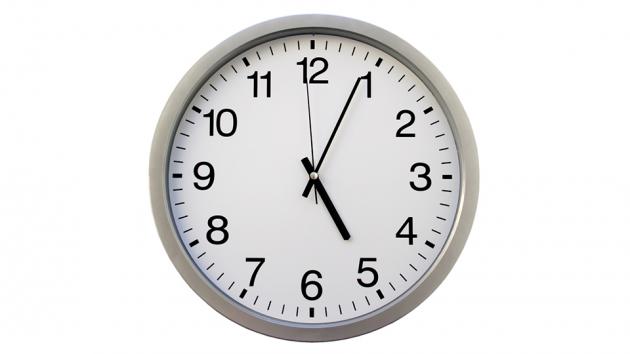The Perception Of Time Is Linked To Metabolism
Sep 18, 2013 21:17

Could our perception of time be more subjective than we thought? A study led by researchers at Dublin's Trinity College has found that our metabolisms may have more to do with how we perceive time.
A housefly for example perceives time as moving much slower than we do, simply because they take in so much data in a short period of time that they see the world moving slower than we do. Larger animals with slower metabolisms for example may see the world as fast blurs of motion.
In humans, metabolic rates can actually push people to perceive reality differently. There is evidence that athletes take in more visual data than the average person does in the same time frame, effectively slowing down time around them to pull off a perfect hit, or maneuver.
According to the study's head researcher, Dr. Kevin Healy:
"Our results lend support to the importance of time perception in animals where the ability to perceive time on very small scales may be the difference between life and death for fast moving organisms such as predators and their prey."
Via Phys.org






































































